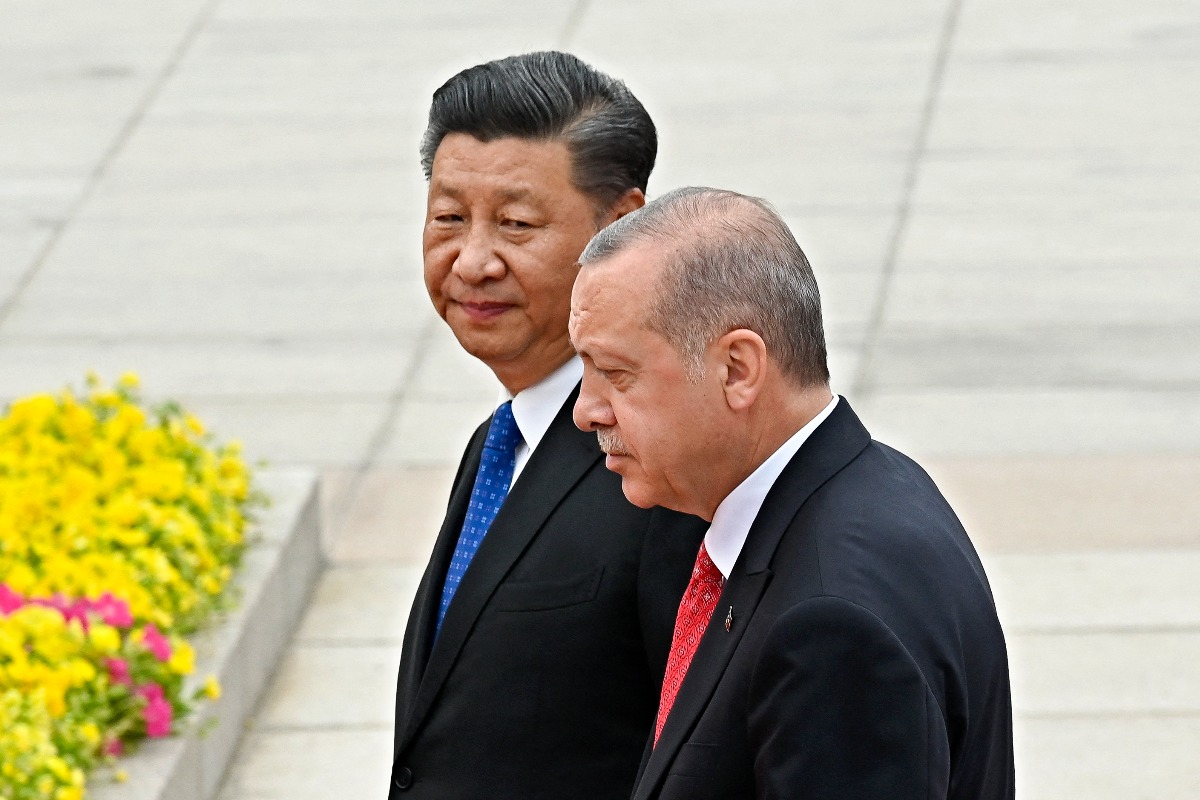
Among the Middle Eastern countries, Türkiye enjoys a unique position; as a NATO member, the country is an ally of the United States and a candidate for EU membership. Nonetheless, Ankara has chosen not only a different but also an independent path from the policy of Washington. Instead of joining Western sanctions, the country decided to remain neutral and emerge as a mediator in the Russo–Ukrainian war.
Like Türkiye, Saudi Arabia also positions itself as a mediator between the fighting sides on some issues. In addition, the mutually beneficial oil-for-security covenant, which cemented the Saudi–American partnership for decades, seems to be unravelling, as Riyadh was unwilling to meet Washington’s demands regarding increasing oil production.

